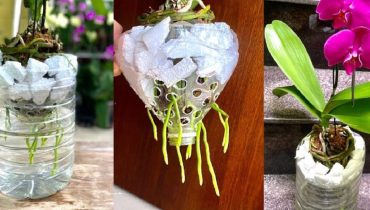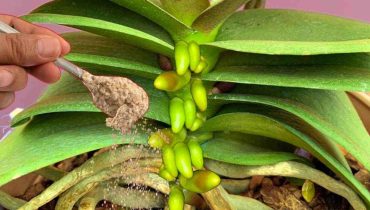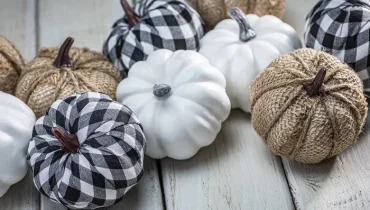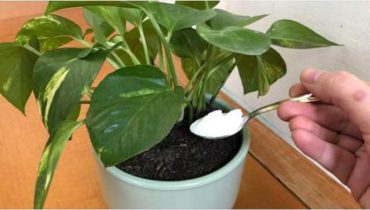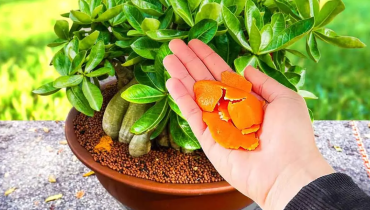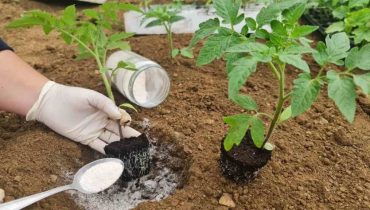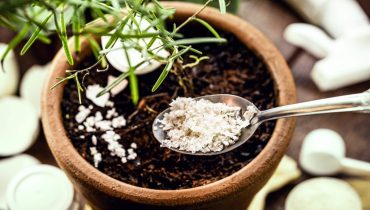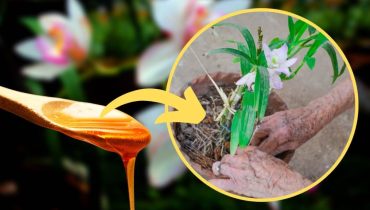Tips for an Abundant Bloom of the Peace Lily
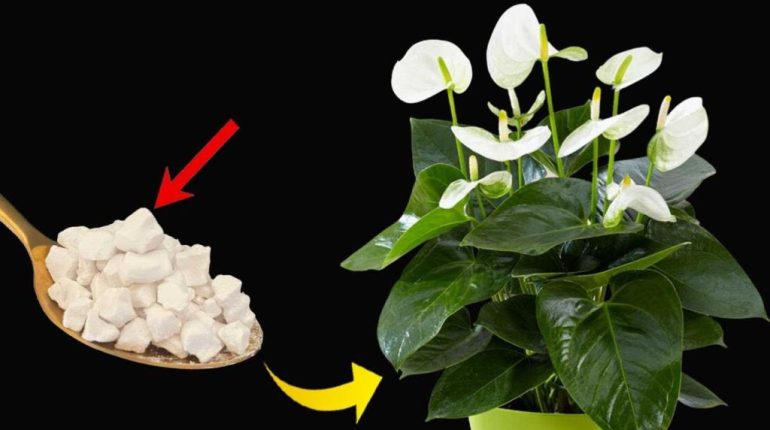
Posted October 17, 2023 by: Admin
It doesn’t take much to personalize our home and make it welcoming according to our dreams. Simply furnish it in our favorite style and add details that reflect our personality. Coming home after a day of work is even more soothing when the environment pleases us.
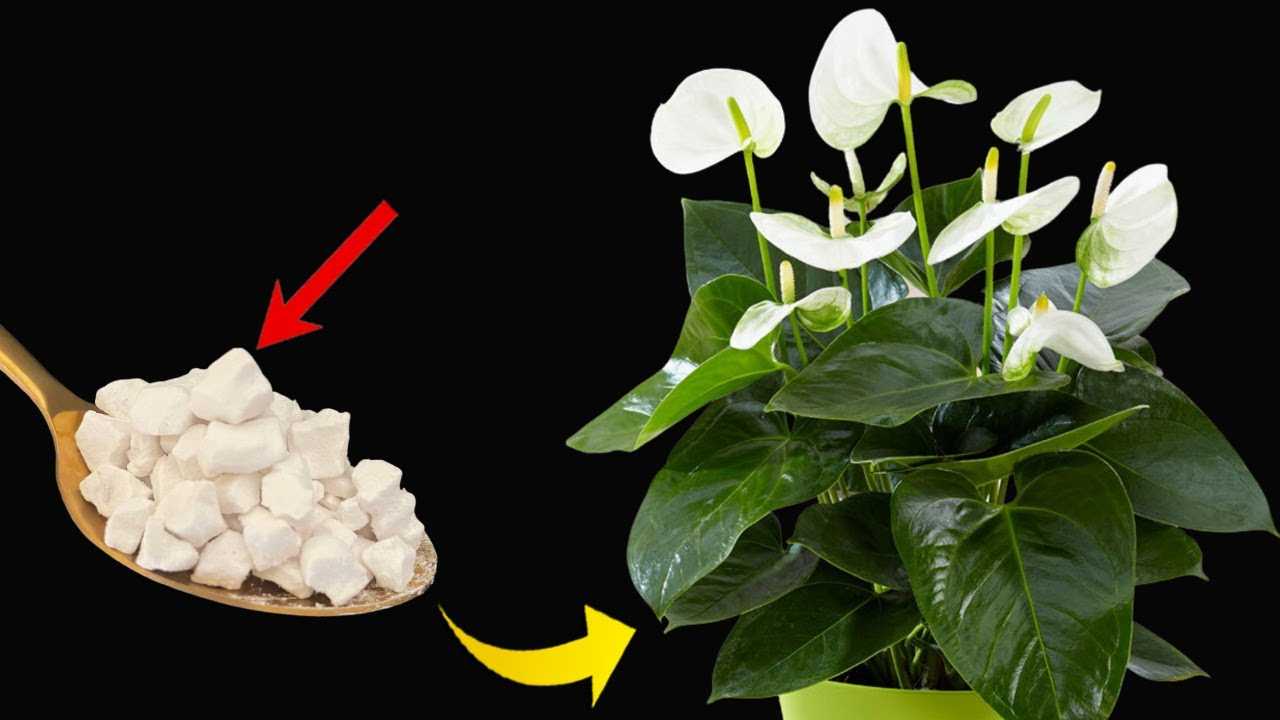
Paintings, photographs, and designer furnishings unquestionably contribute to creating a special space. However, nothing can compete with the beauty of nature. Indoor plants and flowers fill our spaces without overdoing it, adding a touch of refinement, elegance, and serenity to our home.
Among the ideal plants for enclosed spaces, the peace lily stands out with its dark green leaves and magnificent white flowers. It is said to bring luck and symbolizes peace. Taking care of it to make it bloom is simpler than you think, thanks to a specific ingredient.
How to grow and make the peace lily bloom

The peace lily is perfect for decorating your interior, but unfortunately, the flowering period is limited. However, with proper feeding, the flowers can last longer, allowing the plant to grow healthily and naturally, maintaining its beautiful bloom over the years.
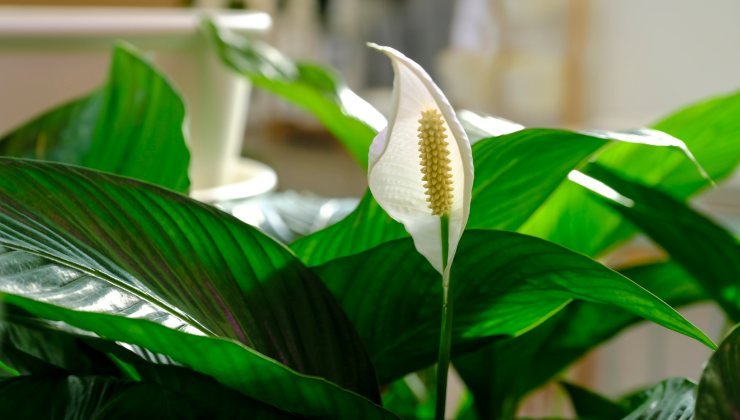
All you have to do to achieve this is to create a mixture of tapioca flour and water, a natural fertilizer derived from the tuber of a tropical plant called cassava. This mixture contains minerals such as magnesium, potassium, calcium, iron, and many others.
To feed your lily, simply dilute a tablespoon of tapioca flour in 400 ml of water and mix well to obtain a homogeneous liquid.
Then, add more water, continue stirring, and pour it into another container to eliminate lumps.
Using tapioca flour-based fertilizer
After creating your water and tapioca flour-based fertilizer in a few minutes, you can proceed to use it. Simply pour it into a watering can and apply it to the lily’s soil, allowing the plant’s roots to absorb all the necessary nutrients to grow healthily with beautiful flowers.
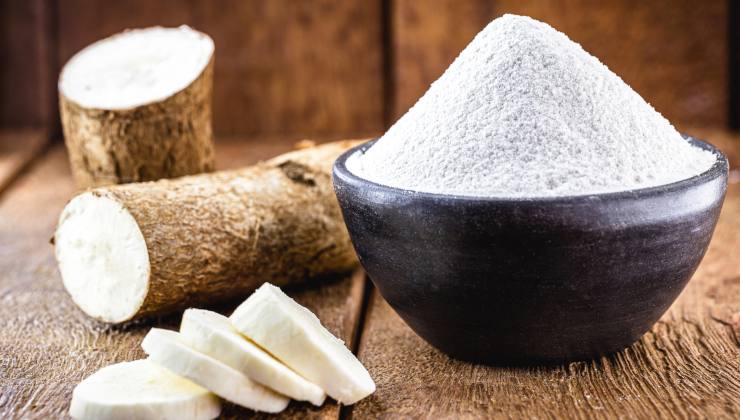
Don’t forget that the peace lily needs to be watered about two to three times a week. Place it in a cool spot, away from direct sunlight, to promote its growth and flowering.

